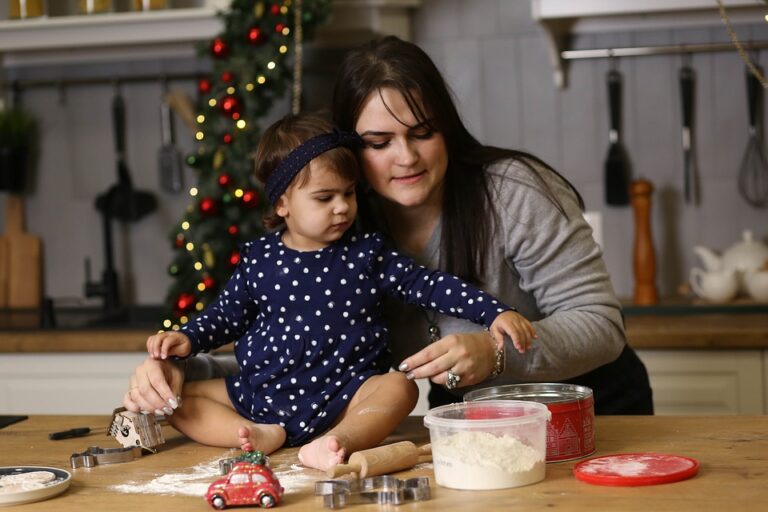
Attachment and Resilience: How Secure Bonds Support Children’s Well-being
Attachment is an emotional bond that forms between a child and a primary caregiver, usually the mother or father. It is a fundamental human need and plays a crucial role in a child’s overall well-being and development. Research has shown that children who form secure attachments with their caregivers are more likely to develop resilience and thrive in various aspects of their lives.
Secure attachment is essential for the healthy emotional, social, and cognitive development of a child. When a child feels securely attached to their caregiver, they feel safe and supported, which allows them to explore the world and develop a sense of confidence and self-esteem. This secure base provides a foundation for healthy relationships, emotional regulation, and coping skills.
Moreover, secure attachment promotes resilience in children. Resilience refers to the ability to bounce back from adversity, cope with challenges, and adapt to change. Children who have a secure attachment are more likely to develop resilience because they have a strong foundation of support and love to rely on during difficult times.
When a child feels securely attached to their caregiver, they are more likely to trust in their ability to overcome obstacles and seek support when needed. This sense of security and trust fosters a mindset of resilience, allowing children to navigate life’s ups and downs with confidence and optimism.
Furthermore, secure attachment also influences the development of the brain’s stress response system. Children with secure attachments have been found to have lower levels of stress hormones, which can help them better regulate their emotions and manage stress. This means that they are less likely to experience chronic stress and its negative effects on their well-being.
So, how can caregivers support the development of secure attachment in children? The key lies in providing a safe and nurturing environment where children feel loved, valued, and supported. This involves being responsive to their emotional and physical needs, building a strong bond through positive interactions and communication, and establishing a sense of consistency and predictability in their daily lives.
Caregivers can also promote resilience in children by fostering a sense of autonomy and competence. Encouraging children to explore their environment, take on challenges, and problem-solve on their own can help them develop a sense of mastery and confidence in their abilities.
In conclusion, secure attachment plays a vital role in supporting children’s well-being and promoting resilience. By forming strong bonds with their caregivers, children develop the emotional security and confidence needed to navigate life’s challenges and thrive. Caregivers play a crucial role in nurturing these secure attachments and supporting the development of resilient, emotionally healthy children. It is essential for parents and caregivers to prioritize building and maintaining strong attachments with their children to ensure their overall well-being and future success.
Younger Glowing Skin - Discover Ancient Ayurvedic Secrets at DoctorIndiaHerbals.com
Explore One of the Largest Collections of Dinosaur-Themed Toys, Games, Gifts, Decor, and More at DinoAvenue.com
Discover Premium Design Elevator Shoes for Men and Women at LondonCobblers.com
Discover Hidden Family Destinations for Vacations at Places.Travelz.io
Find the Best Deals on Airfare and Hotels with Advanced Metasearch Technology at www.Travelz.io
30% off on Kids items
STEM science experiments for Kids
Premium Science Toys and experiments